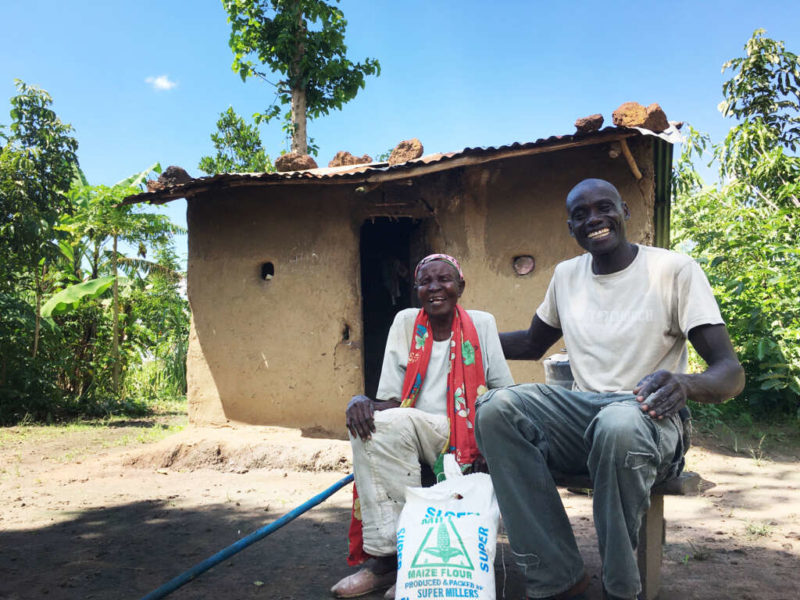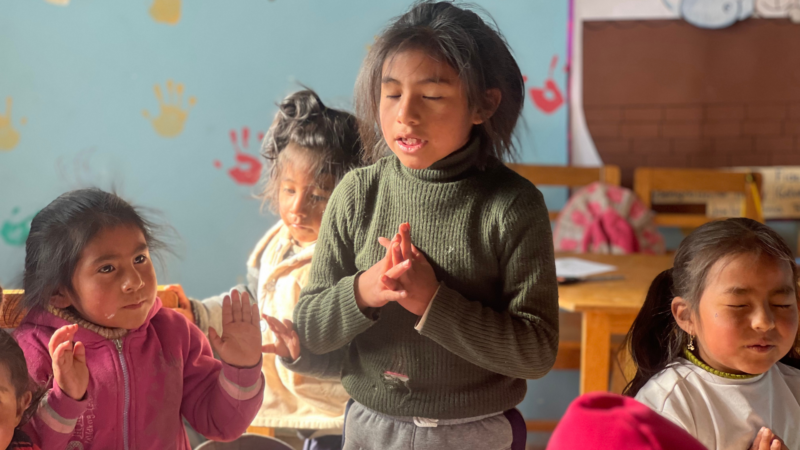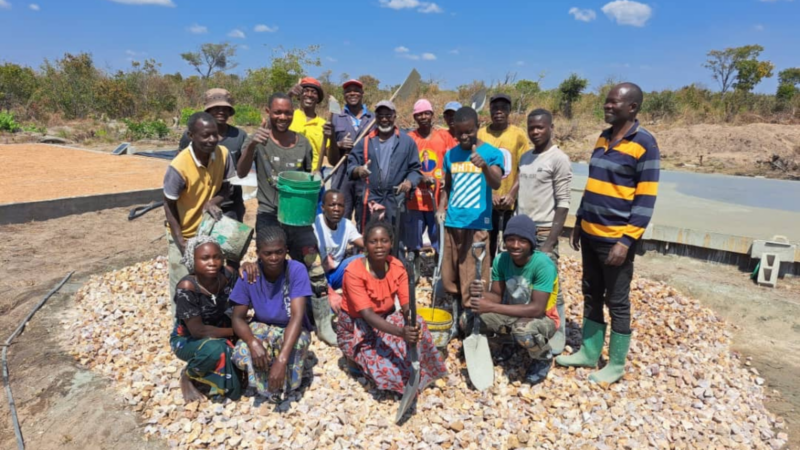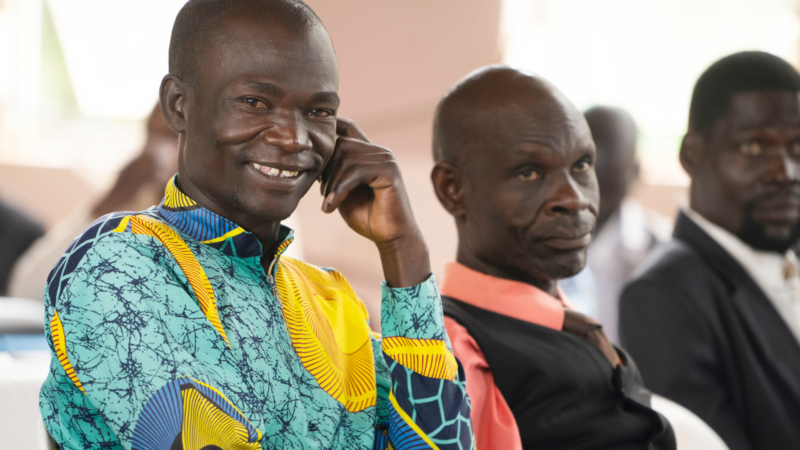The greatest threat to the extreme poor is not the coronavirus itself, but the economic gridlock caused by restrictions meant to slow the virus’ spread. Poor families depend on day-labor jobs, subsistence farming, and small businesses to make ends meet. But with stay-at-home orders preventing them from finding work, they are falling into even deeper poverty.
Uganda ~ 724 cases*
The president eased restrictions in June, including public transportation. The poor, however, face starvation. Our partner churches provided food, handwashing stations, hygiene training, abuse prevention counseling, and prayer.
Bolivia ~ 19,073 cases*
With the strict, national quarantine lifted, many mask-less people pack markets and grocery stores. Our partner churches have provided food to 2,200+ hungry families and held virtual pastor training sessions.
Zambia ~ 1,405 cases*
So far, Zambia has escaped the worst of the pandemic. Schools have reopened for 7th, 8th, and 12th graders, and many church and community activities have resumed.
Kenya ~ 3,860 cases*
Lockdowns have caused huge food shortages and starvation in Kenya. Our partner churches minister to many believers who live in the slums and go to bed hungry every night.
Haiti ~ 4,441 cases*
So far, there are no COVID-19 cases in Paulette and Ferrier, our partner communities. Churches and schools remain closed but pastors visit their community members on a weekly basis, maintaining social distancing.
* as of June 16th




